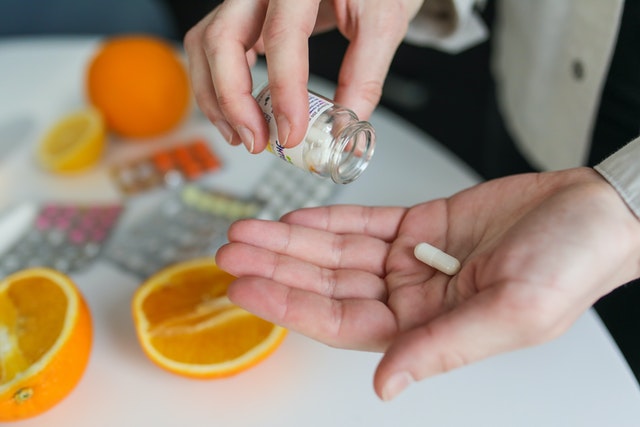What’s new in the world of weight loss and beyond (for fat loss, strength and energy)?
That is, more specifically:
[+] Do zero calorie drinks work for weight loss?
[+] How much weight do you need to lift to maximize muscle and strength?
[+] Which supplements work for lowering blood sugar?
Read on to learn about the latest research and evidence – and to help you achieve your health goals.
Do zero calorie drinks work for weight loss?

As you probably have heard (or even experienced for yourself), consumption of sugar-sweetened beverages is strongly associated with an increased risk of obesity and other health issues.
So then…
What about drinks without sugar?
Based on a network meta-analysis of randomized controlled trials, substituting sugar with low and zero calorie alternatives reduced body weight, BMI , body fat percentage, and liver fat.
This sounds like great news until you look at what they used instead of sugar:
Most studies used aspartame. Others used saccharin, rebaudioside A, and sucralose.
Despite many studies reporting that aspartame meets certain criteria and standards for safety, there is evidence that aspartame can be quite harmful.
I remember many years ago my brother used to jokingly say,
“Aspartame causes cancer in lab animals… Good think we’re not lab animals!”
Although he joked, sadly, it’s true. Aspartame has been shown to cause cancer in some animal studies and aspartame also might increase inflammation while lowering the immune system.
As the saying goes,
“When in doubt, go without (or throw it out).”
How much weight do you need to lift to maximize muscle and strength?

As a skinny guy myself, this was interesting…
A systematic review and meta-analysis revealed that higher volume (12 sets or more per week) was more effective for building muscle mass. And spacing this over 3 workouts per week seemed best.
However, this study left me asking more questions like:
What about building strength and power (rather than muscle mass)?
How many reps per set and how much time under tension?
For a quick and easy answer, I did a search and found the following from bodybuilding.com:
For STRENGTH and power:
- 1-6 reps
- 4-20 sec
For MUSCLE mass:
- 8-15 reps
- 40-60 sec
(per set)
These numbers don’t have the same amount of scientific studies backing them up but they are much easier to comprehend (at least for me!).
Which supplements work for lowering blood sugar?

I think this meta-analysis on micronutrients for glycemic control is quite interesting – whether you’re diabetic or not.
Why?
It tells us how supplements can affect blood sugar, including:
- Vitamin D (400–6,000 IU/day)
- Omega-3 fatty acids (1–12 grams/day)
- Vitamin E (200–1,600 IU/day),
- Chromium (200–1,000 micrograms/day)
- Vitamin C (200–1,000 milligrams/day)
- Coenzyme Q10 (CoQ10; 150–200 milligrams/day)
- Zinc (30–240 milligrams/day)
- Alpha-lipoic acid (300–800 milligrams/day)
- Selenium (200 micrograms/day)
Chromium, Vitamin C, and CoQ10, improved HbA1c and fasting blood glucose.
Vitamin E and omega-3 fatty acids improved HbA1c.
If you have reasons to lower your blood sugar, you may want to first consider diet and lifestyle changes. And then experiment with some of these supplements.
The great thing about blood sugar is that it’s easy to test – with a simple finger prick.
What about YOU?
What’s your experience with zero-calorie drinks, lifting for muscle and strength, and supplements for blood sugar?
Leave a reply and let us know.
